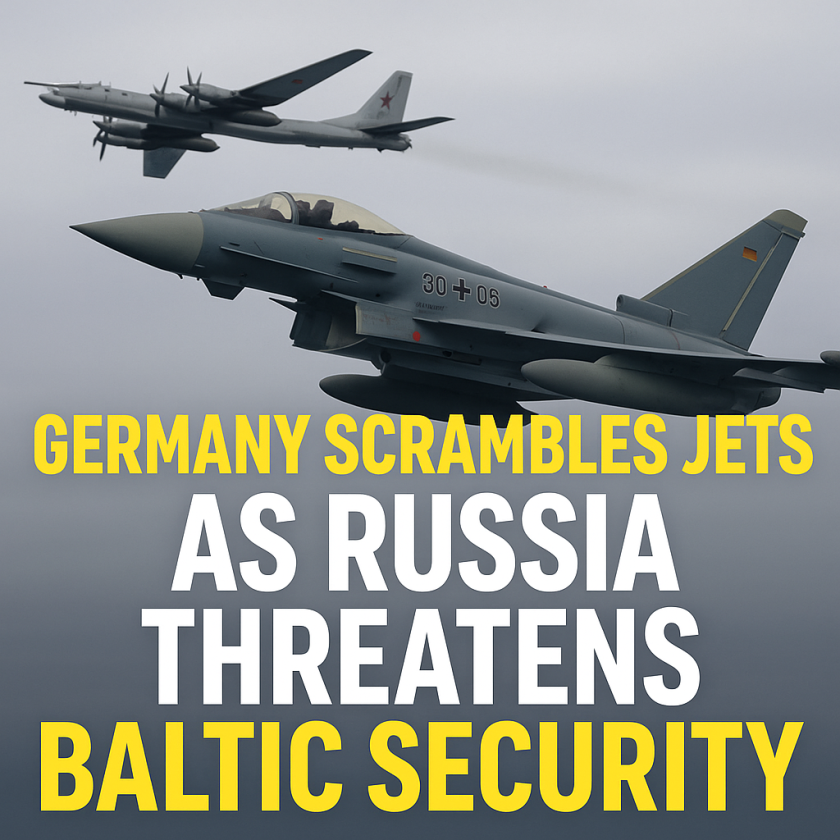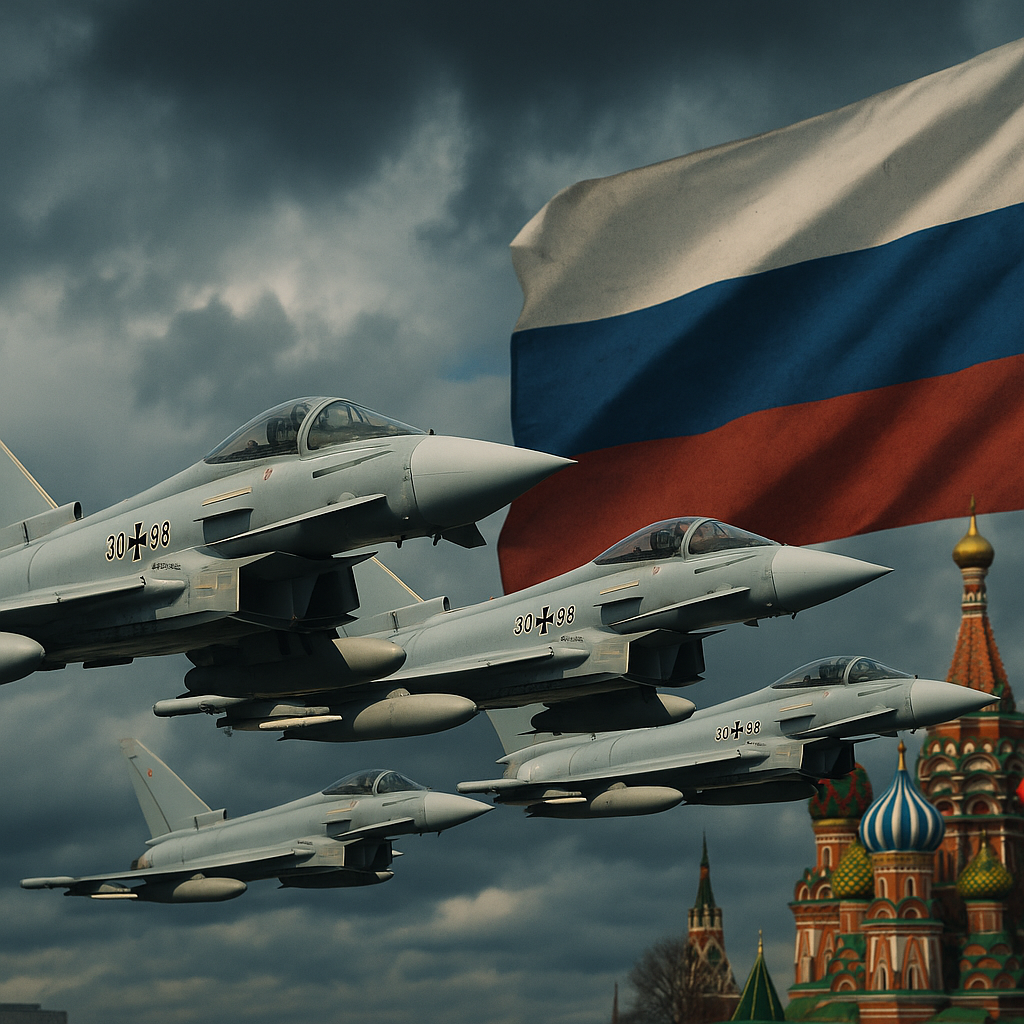Germany Scrambles Jets as Russia Threatens Baltic Security
Germany Scrambles Jets as Russia Threatens Baltic Security
Germany’s decision to scramble jets in response to Russian military aircraft flying over the Baltic Sea underscores escalating tensions in a region often seen as a flashpoint for broader geopolitical strife. The situation demands careful examination of both the immediate implications and the long-term impact on security dynamics within Europe.
The Context of Rising Tensions

In recent weeks, the Baltic Sea area has become increasingly militarized, prompting concerns among NATO member states. The incident involving the German response was triggered by reports of Russian aircraft engaging in maneuvers deemed provocative. Al Jazeera noted that the German Air Force mobilized its units to intercept these aircraft, showcasing both readiness and a commitment to NATO solidarity.
Military Maneuvers and Strategic Significance
The degree of military activity in the Baltic region is not new. Historically, the Baltic Sea has served as a strategic corridor for both NATO forces and Russian military assets. In light of increasing Russian air incursions, Germany’s deployment of jets represents a critical signal to both allies and adversaries that aggression will not go unchallenged.
However, the implications extend beyond immediate military concerns. As Sky News reported, these movements are fundamentally tied to the heightened awareness in Europe regarding Russian military ambitions, particularly in the wake of the Ukraine crisis. This aligns with NATO’s renewed focus on Eastern Europe, where member states like Poland and the Baltic states are increasingly advocating for more robust collective defenses.
Diverse Perspectives on Baltic Security
The complexity of the situation leaves space for various interpretations and responses. On one hand, there is a clear financial and logistical cost associated with militarization, which critics argue could be better allocated towards diplomatic solutions and regional cooperation. On the other hand, many defense experts assert that a strong military presence is essential in deterring potential aggression from Russia, particularly in light of historical precedents where a lack of preparedness led to conflicts.
The Road Ahead for NATO and Europe
NATO’s response to rising tensions in the Baltic is a multifaceted question. As RT has pointed out, while some member states push for a more fortified military response, others advocate for balanced engagement with Russia—a stance that has drawn criticism for being overly lenient. This dichotomy among NATO members raises questions about the alliance’s cohesion and strategy moving forward.
The debate isn’t merely on military tactics but also values. For example, European nations may need to wrestle with the ethical implications of escalating military presence amidst a geopolitical environment characterized by unpredictability. Many analysts argue that enhancing dialogue, even with adversarial nations, should complement military readiness to avoid miscalculations that could spiral into larger conflicts.
Conclusion: Weighing the Risks and Rewards
Germany’s recent military actions only reflect the surface of a much more complex narrative involving international politics and regional security. While the immediate response to Russian threats in the Baltic has been one of assertive readiness, longer-term strategies may need to weave together deterrence with diplomatic initiatives to provide a holistic approach to security.
As European nations navigate these turbulent waters, it remains crucial to maintain open channels for dialogue while ensuring that military readiness is not seen as an invitation to escalation. The situation demands continuous assessment and a commitment to balancing defensive posturing with constructive engagement. Only time will tell how these dynamics will unfold in a region fraught with both risk and opportunity.




































